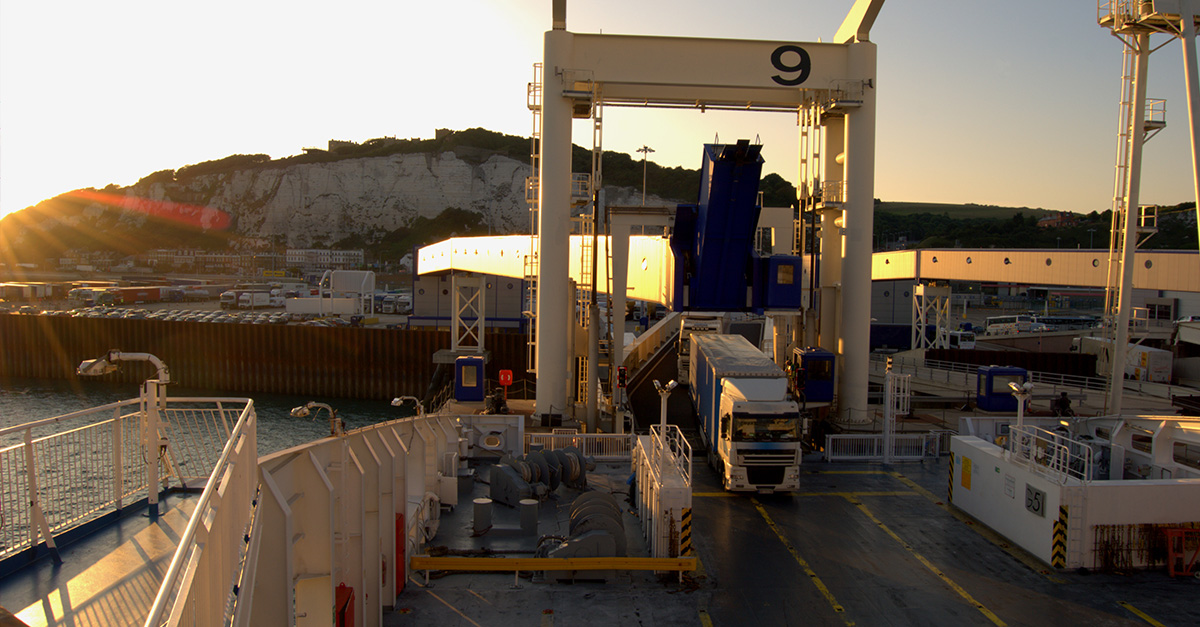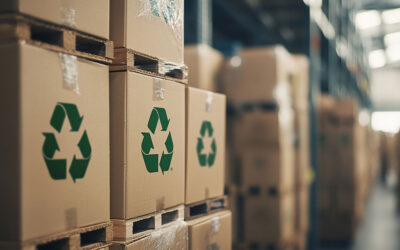UK government defers post-Brexit food checks for the fifth time

The UK government has once again postponed Brexit-related checks on food and food products entering the country from the EU, marking the fifth delay, as reported by The Financial Times. The decision, prompted by concerns over rising inflation, is set to be announced imminently.
The suspension of these planned controls, which have already been implemented for British exports to the EU since January 2021, is attributed to apprehensions about inflation and its potential impact on the delicate food market in the current economic climate. Reports suggest that this move reflects a “Treasury purge” of any alterations that might disrupt the supply chain.
The proposed regulations, initially set to be introduced in October, would have mandated EU food exporters to the UK to obtain costly “export health certificates,” requiring approval from a veterinary surgeon. These certificates, valued at several hundred euros each, were anticipated to raise concerns about increased food prices, a matter previously highlighted by the food industry. The government’s estimates indicate additional costs of around £420 million annually due to EU controls.
Previously, the government had cited reasons such as the COVID-19 pandemic and the conflict in Ukraine for postponing the implementation of new checks.
Although the Cabinet Office published “The Border Target Operating Model: Draft for Feedback” on 5th April, providing a timeline for forthcoming import controls on EU-sourced food products, a fresh timetable for these measures has yet to receive ministerial approval. This delay pushes the commencement of the new regulatory regime into the following year, deviating from the original start date of July 2021.
The revised timeline outlines the below key milestones:
• By October 31, 2023, export health and phytosanitary certificates will be required for medium-risk animal and plant products imported to GB from the EU.
• By December 31, 2023, permanent waivers from submitting Safety and Security declarations will be introduced for specific categories, such as fish caught in UK territorial waters but landed outside the UK.
• From January 1, 2024, documentary and physical checks will be implemented for medium-risk animal and plant products, along with controls on RoW low-risk products.
• Safety and Security declarations for EU imports will become mandatory by October 31, 2024.
The anticipated delays emphasise the ongoing challenges in aligning Brexit-related procedures and regulations.
FOLLOW US
Unrivalled Ocean Freight
Award Winning Airfreight
Premium European Services
Unrivalled Ocean Freight
Award Winning Airfreight
Unrivalled Ocean Freight
DON’T MISS A THING
Subscribe now to receive our monthly market update straight into your inbox
Uniserve’s Market Update for June Now Available
Uniserve's monthly market snapshot providing international freight, trade and supply chain insights and forecasts for the weeks ahead. Uniserve has just released the June market update, providing key insights and forecasts for global supply chains for the weeks...
Uniserve and Beyondly Guide Producers Through Evolving EPR Landscape in Latest Webinar
Beyondly, a GB Global Company, recently hosted an insightful webinar aimed at helping businesses navigate the fast-changing world of Packaging Extended Producer Responsibility (EPR) compliance. As the 2025 compliance year continues to unfold, producers are facing new...
Uniserve’s Market Update for May Now Available
Uniserve's monthly market snapshot providing international freight, trade and supply chain insights and forecasts for the weeks ahead. Uniserve has just released the May market update, providing key insights and forecasts for global supply chains for the weeks...



